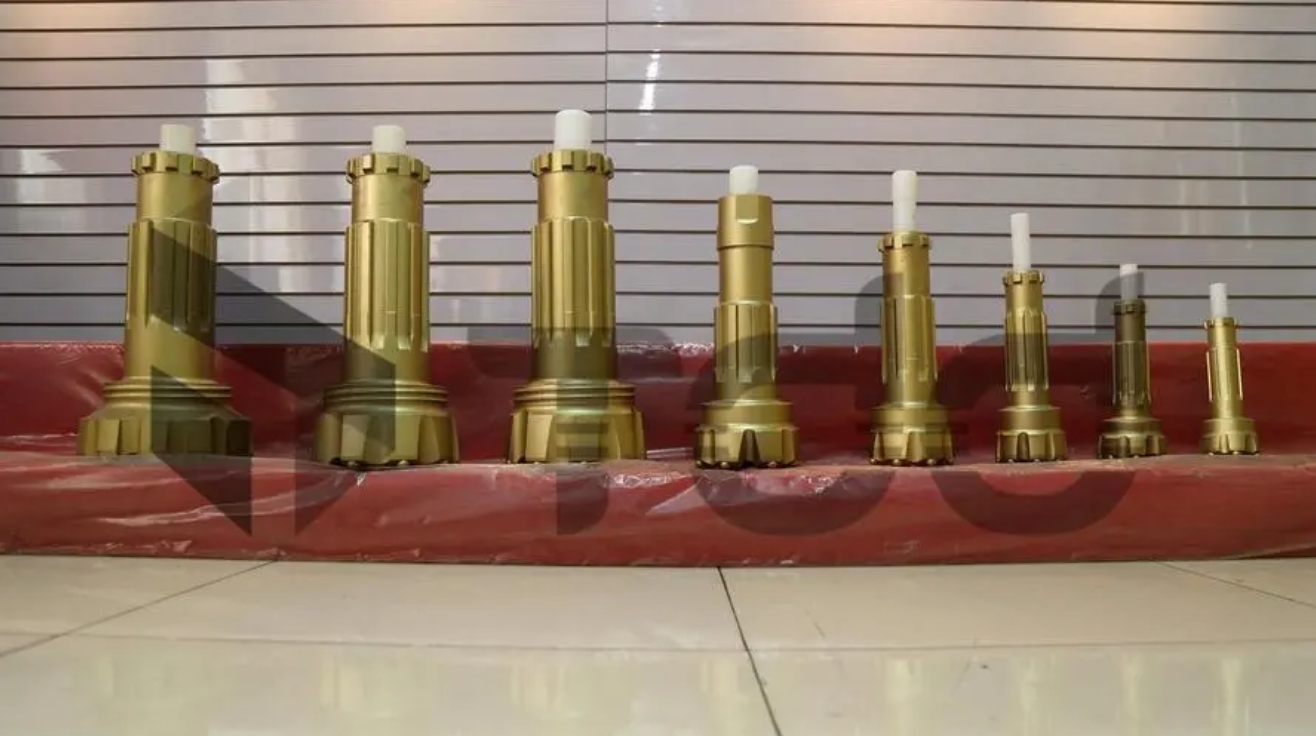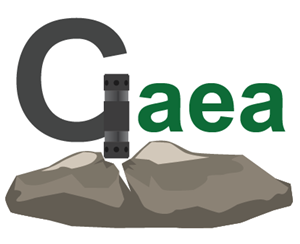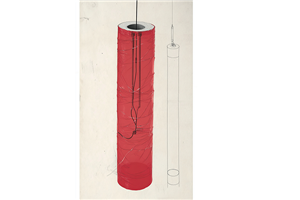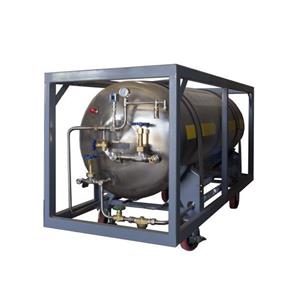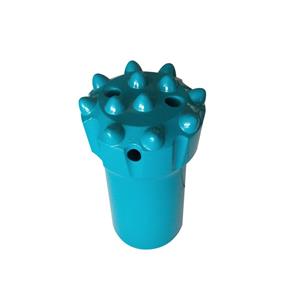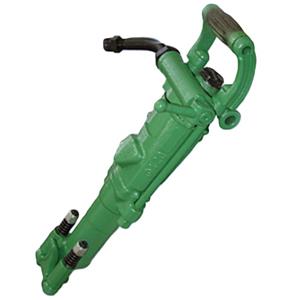The Crucial Role of Lubrication for Down-The-Hole Hammers under Harsh Working Conditions
The down-the-hole (DTH) hammer operates under some of the most adverse conditions imaginable. It contends with significant dust levels, high humidity, and the piston's reciprocating movement, which occurs at high frequencies and with considerable impact velocities. Given these challenging factors, lubrication becomes absolutely vital to the hammer's operation and longevity.
The purpose of lubricating a pneumatic DTH hammer is multifaceted and includes:
Reducing frictional losses in moving parts: Insufficient lubrication can lead to excessive friction, which in turn may produce fine cracks on contact surfaces. If such cracks propagate, they can result in component failure. Moreover, the surface overheating caused by excessive friction can lead to local softening of the metal or regional plastic deformation, ultimately compromising the integrity of the cylinder and piston.
Corrosion protection: DTH hammer components are susceptible to corrosion due to chemicals present in compressed air and water during the drilling process. This corrosion, when coupled with stress in the parts, can cause a significant reduction in component strength. The expansion of existing cracks or the direct damage from corrosion pits and rust areas are other potential risks. Thus, lubrication plays a crucial role in protecting against corrosion.
Sealing function: Proper lubrication ensures a good seal between the moving parts of the hammer, preventing a decrease in the hammer's striking frequency due to poor sealing.
To enhance the effectiveness of lubrication, the choice of lubricant must be suitable for the DTH hammer's specific working conditions. Specialized lubricants designed for high-stress and high-humidity environments can form a protective barrier against wear and corrosion. Additionally, the lubrication system should be regularly maintained to ensure that it is delivering the correct amount of lubricant to all necessary components, even under the intense conditions of drilling operations.
Furthermore, advancements in hammer design often include features that optimize lubrication efficiency, such as channels that distribute the lubricant evenly across critical wear surfaces. Regular inspections and maintenance of the DTH hammer, including checks on the lubrication system, are necessary to prevent premature wear and to catch any potential issues before they lead to breakdowns.
In conclusion, effective lubrication is not just a maintenance task for DTH hammers—it's a critical practice that ensures the equipment can withstand the rigors of its working environment. By prioritizing this aspect, operators can ensure the reliable performance and extended service life of their DTH hammers.
